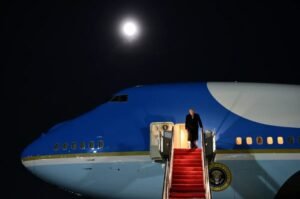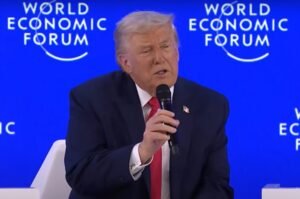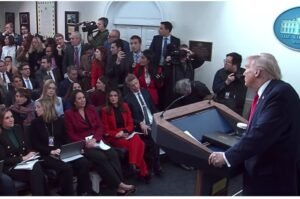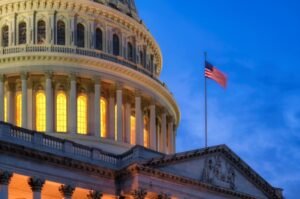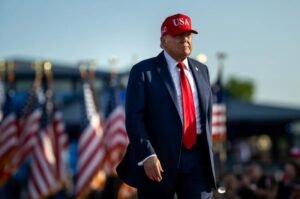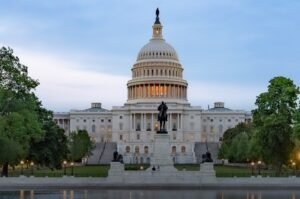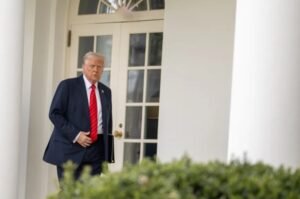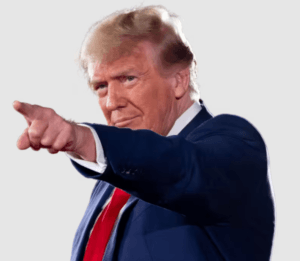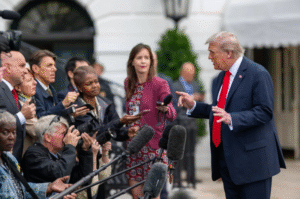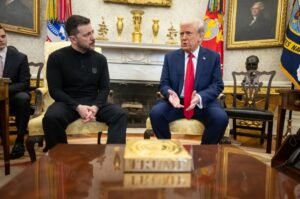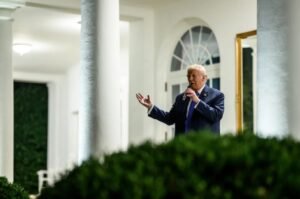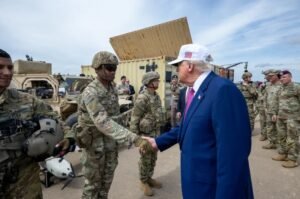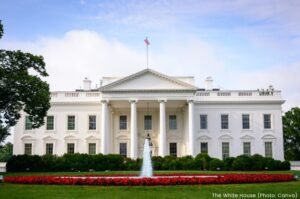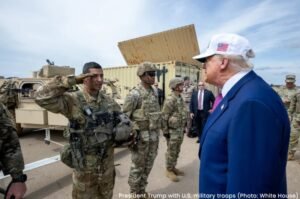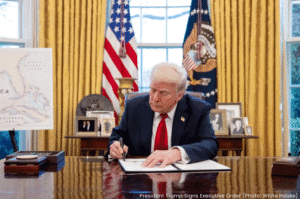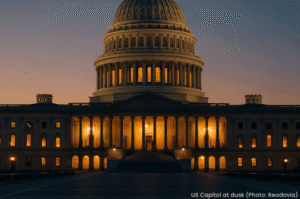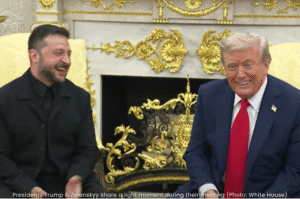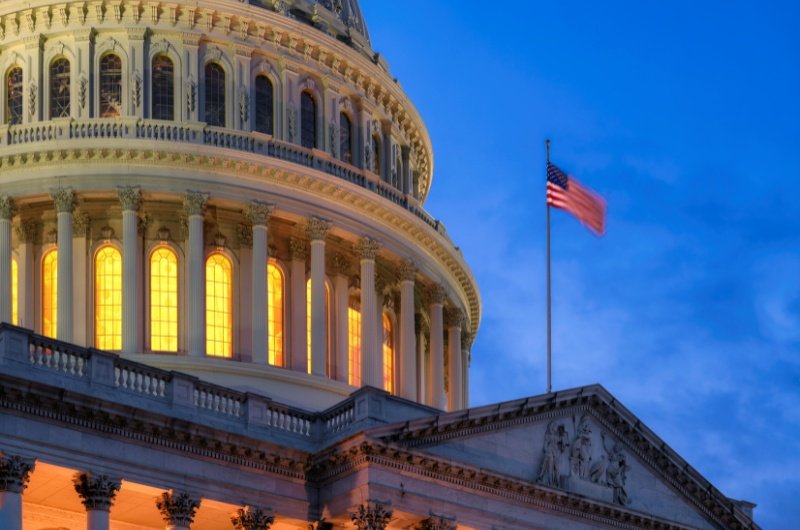
In a rare act of defiance, the United States Senate has voted to terminate President Donald Trump’s sweeping global tariffs — a move that challenges the administration’s grip on trade policy and tests the limits of executive power.
The 51–47 vote marks a sharp bipartisan rebuke of a system that has levied tariffs on more than 100 countries, raising costs for American industries and consumers alike. While the measure faces steep odds in the Republican-controlled House, it underscores a growing unease in Congress over what many lawmakers view as a “one-man trade war.”
The Vote Heard Around the World
The Senate resolution seeks to end the so-called “Liberation Day” tariff plan — an initiative the Trump administration implemented under emergency economic authority. The tariffs, framed as a tool to pressure trading partners and protect U.S. manufacturing, have since drawn criticism for disrupting global supply chains and straining relationships with allies.
Four Republican senators — Susan Collins, Mitch McConnell, Rand Paul, and Lisa Murkowski — joined Democrats to advance the measure. Their support was enough to send a symbolic message: trade policy belongs to Congress, not the Oval Office.
Cracks in the Trade Wall
The Senate’s vote follows earlier challenges to tariffs targeting Brazil and Canada, signaling an organized pushback rather than isolated dissent. For many legislators, this moment represents an inflection point — a bid to reclaim oversight authority long eroded by decades of executive expansion.
Even conservative lawmakers who once supported Trump’s protectionist stance now argue that the costs are outweighing the benefits. Farmers, manufacturers, and importers have reported steep price increases, delayed shipments, and shrinking export opportunities.
“The tariffs were supposed to make America stronger,” one senator remarked privately, “but they’re starting to make America smaller.”
A Global Ripple
International markets reacted cautiously to the Senate’s vote, viewing it as both a political statement and a potential precursor to policy recalibration. Countries targeted under the tariff plan — including Canada, Germany, and Japan — welcomed the move as a sign that Washington’s trade posture may be softening.
Still, the measure faces a procedural blockade in the House, where Republican leadership has implemented new rules preventing tariff-related resolutions from reaching the floor until next spring. That delay effectively shields the administration’s trade program from immediate reversal.
The Bigger Picture
At stake is precedent.
The battle over tariffs reflects a broader question about how much power presidents should wield over global economics.
For decades, Congress has ceded portions of its constitutional trade authority in the name of efficiency and diplomacy. But the Senate’s action suggests an appetite to rebalance that equation — even at the risk of political fallout.
Economists warn that instability in tariff policy can rattle markets and complicate corporate planning, particularly for industries dependent on long-term supply agreements. Yet for lawmakers, the immediate concern is not just economic, but institutional: restoring checks and balances in the era of economic nationalism.
Between the Lines
For investors and executives, the Senate’s defiance signals a potential shift in how trade and governance intersect. It may not dismantle the tariffs overnight — but it does mark the beginning of a larger recalibration of U.S. economic strategy.
When politics and global commerce collide, it’s rarely about the numbers. It’s about who gets to write the rules.


